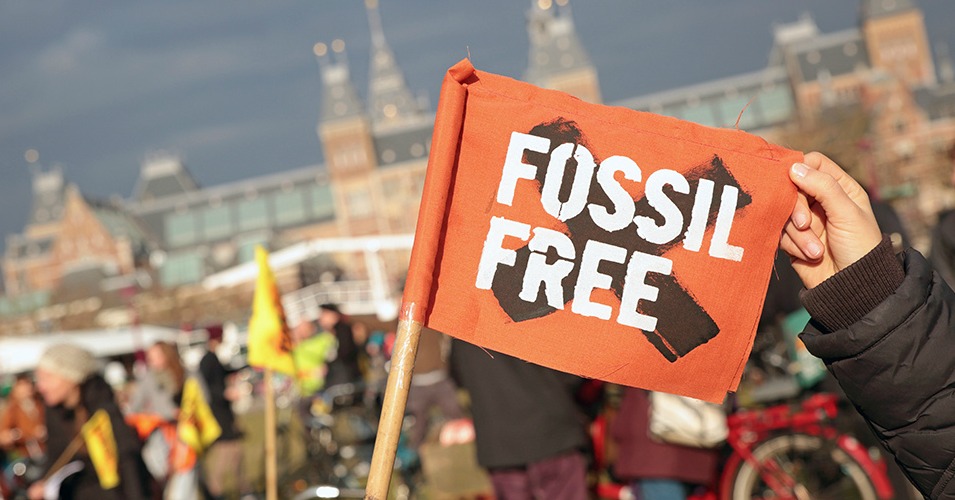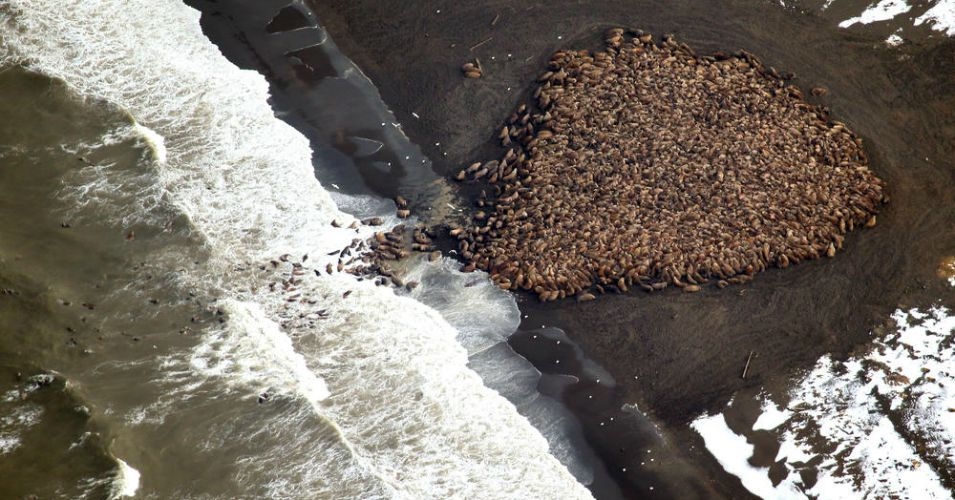Published on Friday, April 19, 2013 by Common Dreams
World’s estimated fossil fuel reserves must remain underground if the global community hopes to avoid; climate catastrophe;

Image: Carbon Tracker and Grantham Research Institute)We are facing a $6 trillion carbon “bubble” over the next decade unless regulators, governments and investors re-evaluate our carbon-dependent energy business model and, finally, take seriously the great climate threat, says a new report published Friday
“If we mean to burn all the coal and any appreciable percentage of the tar sands, or other unconventional oil and gas then we’re cooked,” says billionaire fund manager Jeremy Grantham. “[There are] terrible consequences that we will lay at the door of our grandchildren.”
The report warns, however, that the governing financial system—in its gross over-valuation of fossil fuel reserves—continues to turn its back on both the enormous risk to the planet and the financial markets that count these underground reserves as “assets.”
In an op-ed published alongside the new research on Friday, 350.org’s Bill McKibben and Carbon Tracker chairman Jeremy Leggett explain:
Six trillion dollars is what oil, gas, and coal companies will invest over the next ten years on turning fossil fuel deposits into reserves, assuming last year’s level of investment stays the same. Reserves are by definition bodies of oil, gas or coal that can be drilled or mined economically. Regulators allow companies, currently, to book them as assets, and on the assumption that they are at zero risk of being stranded – left below ground, “value” unrealized – over the full life of their exploitation.
The six trillion dollar bet is that […] fossil-fuel companies will be allowed to keep pumping up the carbon bubble by investing more cash to turn resources into reserves, and continue booking them at full value, assuming zero risk of devaluation. It’s a bet that effectively says to government: “nah, we don’t believe a word you say. We think you’ll do nothing about climate change for decades.”
“They only believe environmental regulation when they see it,” said Carbon Tracker’s James Leaton. “Analysts say you should ride the train until just before it goes off the cliff. Each thinks they are smart enough to get off in time, but not everyone can get out of the door at the same time. That is why you get bubbles and crashes.”
“The financial crisis has shown what happens when risks accumulate unnoticed,” adds report co-author Lord Nicholas Stern, a professor at the London School of Economics.
According to the report, the world’s estimated fossil fuel reserves equate to 2,860bn tonnes of carbon dioxide, although just 31% could be burned for an 80% chance of keeping below the 2C degree target.
Despite these findings, energy companies continue to spend billions searching out new sources of energy. Stern notes that the top 200 companies spent $674bn in 2012—equivalent to 1% of global GDP—to “find and exploit” new resources, which we predict will end up as “stranded” or valueless assets posing great risk to financial markets.
“The probability of them running into trouble is too high for me to take that risk as an investor,” billionaire fund manager Jeremy Grantham told the Guardian, adding that his company is on the verge of pulling out of all coal and unconventional fossil fuels, including tar sand oil.
“If we mean to burn all the coal and any appreciable percentage of the tar sands, or other unconventional oil and gas then we’re cooked,” he adds. “[There are] terrible consequences that we will lay at the door of our grandchildren.”
_____________________


